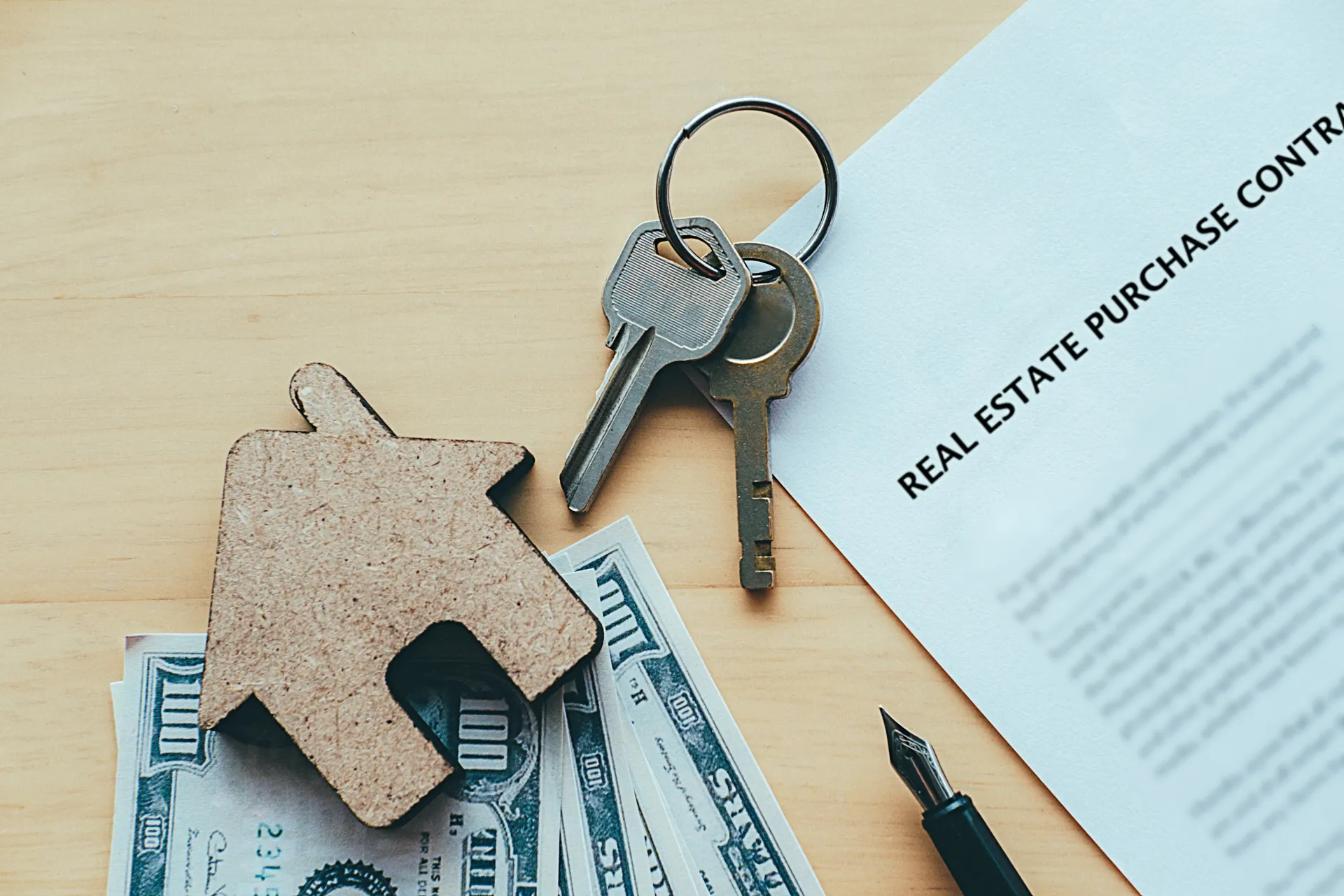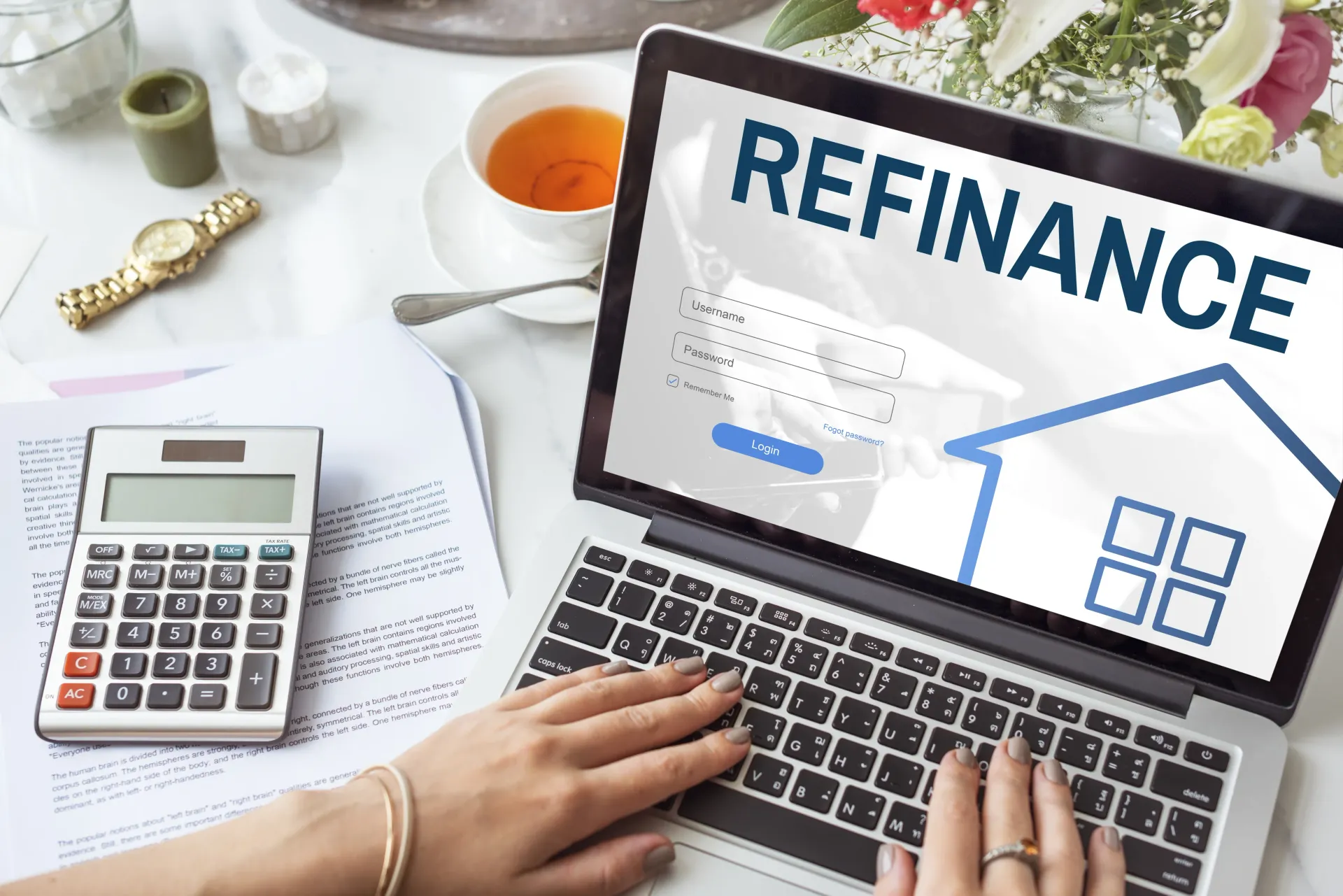Everything You Need to Know About DSCR Loans
If you’re a real estate investor looking to fund your next big opportunity without jumping through the usual hoops of W-2 forms and tax returns, DSCR loans might just be your new best friend. These innovative loans are designed to let the property pay for itself—literally. Based on the Debt Service Coverage Ratio (DSCR), these loans open doors for both seasoned investors and up-and-coming buyers by focusing on a property’s cash flow instead of the borrower's income.
But what exactly are DSCR loans, and why are they disrupting traditional real estate financing in 2025? Buckle up as we dive deep into the world of DSCR loans—how they work, who they benefit, and why they might be the smartest tool in your investment toolkit.

What is DSCR?
DSCR, short for Debt Service Coverage Ratio, is a financial metric used by lenders to determine whether a property’s income is enough to cover its debt payments. In simpler terms, it’s a way to ask: “Can this property pay for itself?”
The formula is straightforward:
DSCR = Net Operating Income (NOI) / Debt Payments
Let’s say a rental property brings in $10,000 per month and the monthly mortgage is $8,000. The DSCR would be:
DSCR = $10,000 / $8,000 = 1.25
A DSCR of 1.25 means the property generates 25% more income than needed to cover its debt—exactly the kind of cushion lenders love to see.
How DSCR Loans Differ from Traditional Loans
Unlike traditional mortgages, DSCR loans aren’t based on your personal income or tax returns. Instead, lenders evaluate the rental income potential of the property itself. That means if you’ve got multiple income streams or you're self-employed and have a high cash flow business—but a complex tax profile—you’ll find DSCR loans refreshingly flexible.
Here’s a quick side-by-side comparison:
Criteria DSCR Loans Traditional Loans
Income Verification Not Required Required
Focus Property cash flow Borrower income
Speed Faster Slower
Ideal For Investors Homeowners
Common Use Rental properties Primary residences
Benefits of DSCR Loans for Real Estate Investors
DSCR loans are a game-changer, especially for portfolio-building investors. Here’s why:
- No tax returns or pay stubs needed
- Faster approvals and closings
- Perfect for short-term rentals (STRs) and BRRRR strategies
- Available for LLCs and legal entities
- Higher leverage on profitable properties
Additionally, working with a Hard Money Lender can help you close deals quickly in competitive markets using DSCR-based underwriting.
Who Can Qualify for a DSCR Loan?
While DSCR loans have relaxed personal income requirements, they’re not exactly a free pass. Borrowers still need to meet several criteria:
- Credit Score: Typically 620 or higher
- Down Payment: Usually 20-25%
- Experience: Not always required, but helpful
- DSCR Threshold: Minimum DSCR of 1.0 to 1.25 is common
The ideal candidate is an investor who wants to let the property qualify for the loan—not themselves.
Key DSCR Loan Terms and Metrics
When diving into DSCR loans, you’ll encounter these key terms:
- NOI (Net Operating Income): Revenue minus operating expenses
- Debt Obligation: Principal and interest payments on the mortgage
- DSCR Threshold: The minimum ratio required by lenders
- LTV (Loan-to-Value): Usually capped at 75–80%
Understanding these metrics will help you navigate underwriting and negotiate smarter.
How Lenders Calculate DSCR
Let’s walk through a real-life example:
- Monthly Rent: $5,000
- Monthly Expenses (not including mortgage): $1,000
- Monthly Mortgage: $3,200
NOI = $5,000 - $1,000 = $4,000
DSCR = $4,000 / $3,200 = 1.25
This property passes with flying colors—enough income to cover debt, with a little left over.
Minimum DSCR Requirement Explained
Most lenders want to see at least a DSCR of 1.2 or higher. A 1.0 DSCR means the property just covers its debt—no safety net. The higher your DSCR, the better your rates and terms.
DSCR vs. NOI vs. Cap Rate
Don’t get confused—these terms measure different things:
- DSCR: Ability to cover debt
- NOI: Income after operating costs
- Cap Rate: ROI based on purchase price
Together, they give a holistic view of property performance.
How to Improve Your DSCR Score
If your DSCR is too low, try the following:
- Increase rent or choose higher-income properties
- Reduce operating expenses
- Shop for better mortgage rates
- Put down a larger down payment
Smart tweaks can elevate borderline deals into approval territory.
Understanding DSCR Loan Rates and Fees
While not sky-high, DSCR loans do carry a premium for their flexibility:
- Rates: Typically 1-2% higher than conventional loans
- Fees: Expect origination, appraisal, and DSCR-specific underwriting costs
However, when time is of the essence, these trade-offs are often worth it.
Best Properties for DSCR Loans
DSCR loans are versatile. You can use them for:
- Single-family rentals
- Small multifamily (2-4 units)
- Vacation rentals / Airbnbs
- Mixed-use and commercial (with rental income)
DSCR Loan Documentation Requirements
You won’t need tax returns, but you will need:
- Lease agreements or rental estimates
- Property appraisal
- Entity docs if buying through LLC
- DSCR calculation worksheet
Real Estate Investment Strategies Using DSCR Loans
DSCR loans are a go-to for:
- BRRRR (Buy, Rehab, Rent, Refinance, Repeat)
- Portfolio expansion
- Short-term rental acquisitions
- Refinancing high-interest loans
They’re especially useful when working with a Hard Money Lender that understands investor timelines.
Common DSCR Loan Mistakes to Avoid
- Overestimating rent projections
- Ignoring local vacancy trends
- Forgetting to factor in expenses
- Skipping pre-qualification
How to Find the Right Lender for a DSCR Loan
Look for a specialized lender with a track record of investor-friendly lending. Want a shortcut? Reach out through this contact page.
DSCR Loan Closing Timeline
Most close in 2–4 weeks. Here’s the typical process:
- Pre-qualify
- Appraisal and underwriting
- Loan docs
- Closing
How to Use DSCR Loans for Cash-Out Refinancing
If your property appreciated, you can pull out equity—based on current income performance. DSCR refinances are perfect for reinvestment strategies.
Can DSCR Loans Be Used for Airbnb or STRs?
Yes, many lenders accept AirDNA or historical Airbnb income for DSCR qualification—especially if you can prove steady occupancy.
DSCR Loans and Real Estate Market Trends
With traditional credit tightening in 2025, DSCR loans are becoming a vital alternative for flexible, asset-based lending. Expect their popularity to grow.
How to Structure a DSCR Loan Offer
- Present a clear rent roll
- Include pro-forma income
- Emphasize strong DSCR metrics
Prepayment Penalties and DSCR Loans
Most come with 1–3 year lockouts or penalties. Always ask!
DSCR Loans in Different States
Some states are DSCR-friendly (like Florida, Texas, California), while others require more local nuance. Always check your market.
DSCR Loan Case Study: From Beginner to Pro
Investor Emily bought a duplex in Phoenix using a DSCR loan. With only 20% down and strong rental income, she scaled to 5 properties in one year—all cash-flowing.
How to Refinance Out of a DSCR Loan
Use conventional financing or portfolio loans once your equity grows and seasoning requirements are met (typically 6–12 months).
DSCR Loans and Tax Strategies
DSCR borrowers benefit from:
- Interest deductions
- Depreciation write-offs
- Pass-through entity structures
Consult a CPA for optimization.
DSCR Loan Myths Debunked
- "Only pros qualify" – False. First-timers are welcome.
- "You need perfect credit" – Not necessarily.
- "They’re more expensive" – Depends on your strategy.
When NOT to Use a DSCR Loan
Avoid DSCR loans if:
- You’re buying a primary residence
- The property isn’t cash-flowing
- You need ultra-low rates
DSCR Loan FAQs
Can I use DSCR loans for flips?
No. These are for
income-producing rentals, not flips.
Is Airbnb income accepted?
Yes, if you provide historical data or third-party projections.
Do I need an LLC?
Not always, but many investors prefer it for liability protection.
How much down payment is required?
Typically 20–25%.
Are there seasoning requirements for refinances?
Yes, usually 6–12 months.
Can I have multiple DSCR loans?
Absolutely. They’re ideal for scaling portfolios.
Conclusion and Investor Takeaways
DSCR loans are transforming the way real estate investors finance deals. By focusing on property performance instead of borrower income, these loans empower investors to build, scale, and thrive. With flexible underwriting, competitive terms, and fast closings—DSCR loans are a tool every savvy investor should understand and consider.
Links
- Hard Money Lender → https://www.grohardmoneylosangeles.com/
- Contact → https://www.grohardmoneylosangeles.com/contact










